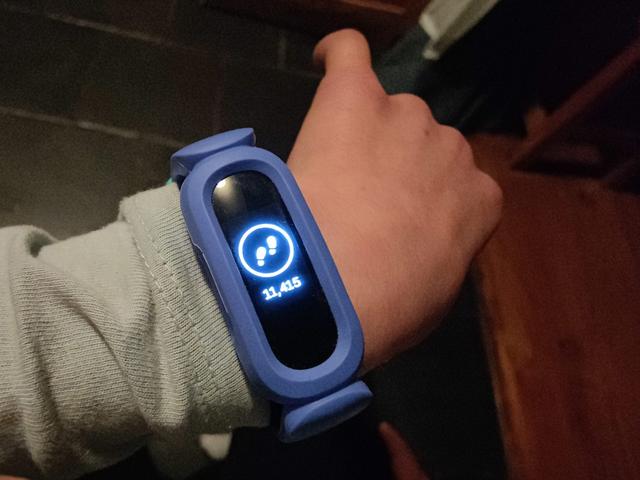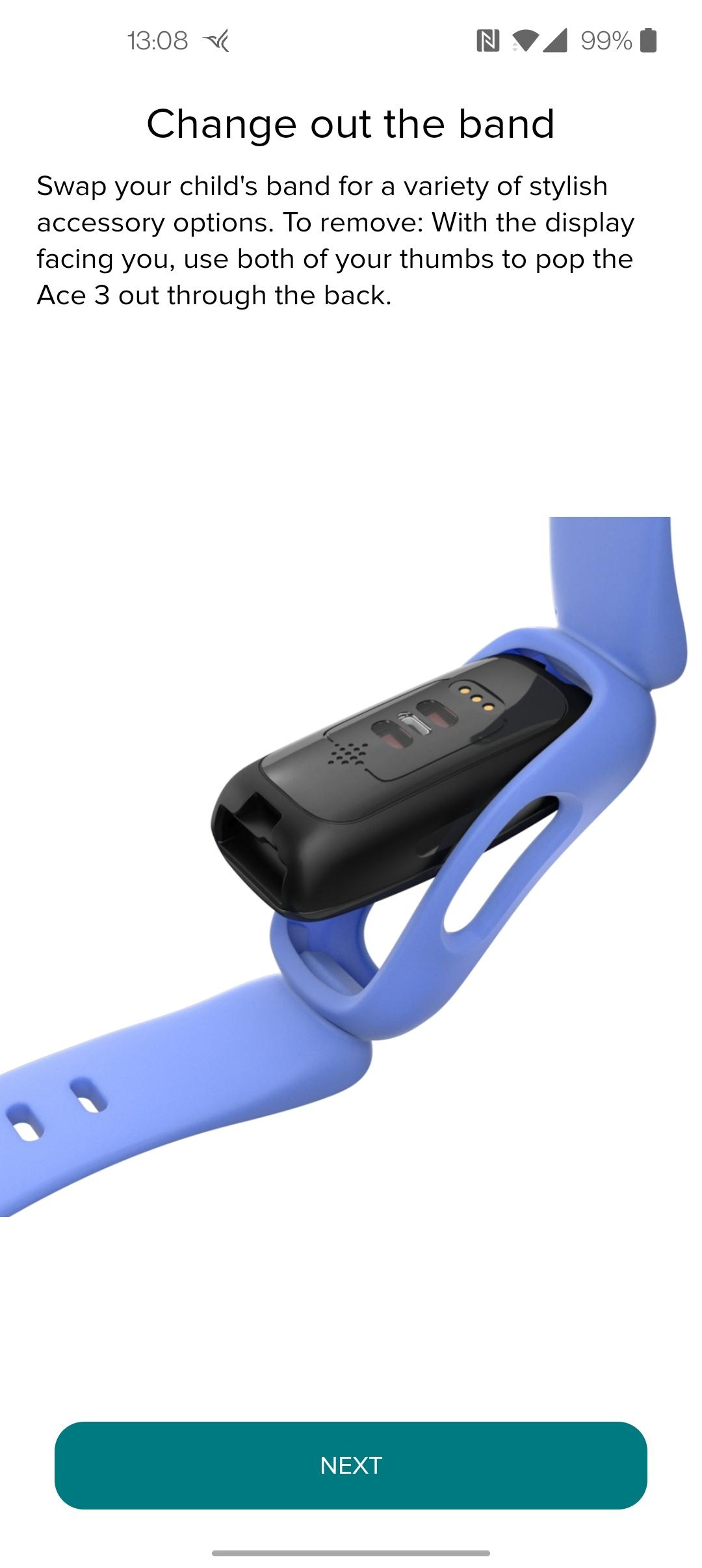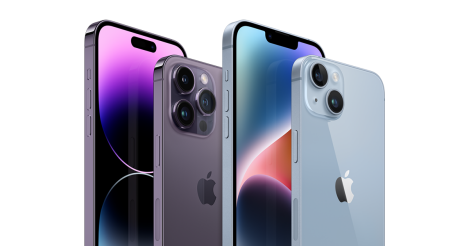Fitbit Ace 3 review — A great way to introduce your kids to activity tracking
There are a lot of devices on the market ranging from simple step tracking devices to top-end GPS fitness tracking and hugely expensive smartwatches. Now as the merger with Google nears completion, we’re starting to see deeper integration between the two. But the device we’re looking at today is simple, small and aimed at a smaller market – not niche, physically small – Kids!
As an adult, looking at the Fitbit experience over the past few years it’s been consistently very good. They’re considered by many to be market leaders in activity tracking the same way many assume an Android phone is Samsung branded. That says a lot about how strong they are in the marketplace. Brand recognition aside, let’s take a closer look at the Ace 3.
The Fitbit Ace 3 is a Bluetooth connected kids Fitbit device, at a cheaper price with the aim to getting your kids interesting in tracking their activity levels. It’s a very lightweight, water-resistant (to 50m) device that comes with a silicone band giving you the confidence that your kids won’t destroy it in daily life. The way it fits into the band reminds me of previous generations of the Xiaomi Mi Band in that it clips into the band from the back.
For kids though, the design of the device itself could be a little sleeker. In the case of my daughter, the device protrudes quite significantly from her wrist. While that in itself hasn’t caused an issue, it could lead to the device getting pretty severely banged around.
The touchscreen has a reduced number of features over an adults device list. A feature I thought was particularly useful (given in previous reviews we mentioned the screen triggering in the shower) was the water lock. All it does is lock the screen until you press a combination of buttons and the screen, preventing settings from being changed inadvertently.
Swiping between the settings and notification screens is simple and intuitive. Without any coaching, my 8 year old found her way through the menus quickly, using features like the timers and changing faces without any hassles.
The really interesting change here over other Fitbit devices is it’s not intended for fitness activity tracking. The focus is clearly on activity tracking because it doesn’t have treadmill, cycling, run or swim options. It just passively tracks activity levels throughout the day and that’s a good thing for kids. They’re unlikely to remember to trigger the activity tracking and what it does capture is enough to get a picture of how active — or borderline psychotic — your child may be.
There aren’t any major bells and whistles to the tracking that the Ace 3 has either. It follows the general activity, sleep and days where there is intense activity. There’s no SPO2, heart rate monitoring, stress or weight monitoring options. You’d hope, that these aren’t really metrics that a child — particularly stress and weight — would need to monitor.
There’s a handful of other features included in the setup of the Ace 3, many of which won’t be useful to adults but have been well focussed on kids needs. The simple functions include timers (including stopwatch and countdown), alarms and device status. Most of the other features are controlled via the app, preventing kids from changing them: Well played Fitbit, well played indeed.

The parent-controlled features include the bedtime reminders, wash hand reminder(poignant at the moment in particular), notification controls and the ability to change the watch face on the device.
Let’s start with what’s made the Ace 3 a good experience for me as the “responsible adult” and for my daughter. The interface is really simple to use, Jenny needed not coaching to learn to navigate it at all. The hardware is well thought out, water-resistant, the silicone band should last a reasonable time and is very easy to replace. The menu systems are intuitive and the fact you have to press both side buttons to trigger the menus will prevent accidentally triggering features.
It’s a bit of an adjustment to make for kids to wear a device like this 24/7 and that didn’t happen. But what those little breaks did, was provide an opportunity to charge the device which resulted in no real danger of it running flat – Even with that, the battery life was very good.
Now, a couple of minor — personal preference — items I’d really like to see from all wearable manufacturers, not just Fitbit. Chargers need to be more interchangeable, either within a single brand or preferably a universal type connector the way phones have gone.
The other area where a bit more design forethought would have been good is the physical device. There’s nothing wrong with it per se but it could stand to be slimmer and honestly, I’d be happy to sacrifice a bit of battery life for that to prolong the life of the device from bangs and knocks. This would also make the device far more friendly for kids to wear overnight, giving parents a bit more of a look at the amount and quality of sleep kids get.
The Fitbit app is continually evolving, but not so fast that the previous Fitbit device we reviewed is out of date. In the case of Ace 3, the app is more for parental control and oversight than the kids’ needs. Unless your kids are a touch older and have their own phone, with the want/need for notifications to be visible on their wearable. The fact that the app “dumbs down” a bit to only show your child what they need is a bonus, of course, if you wish to: You can pair both your Fitbit and your kid’s device to your phone.
In the world we’re living in, I’d actually ask if you can afford not to? Increasingly we’re seeing children with their faces in screens for extended periods of time throughout the day. Yes, it’s something we — society and adults around them — have allowed to happen, but having something like a reminder to get up and move go off hourly is a good thing.
As is the oversight that, as a parent, you get into the activity levels your kids get into through the day. It’s also a good trigger for parents to encourage and challenge your kids to be more active. I’ve found myself getting an extra little walk in here and there, just to keep pace with my hyperactive young one!
I’d say calling this a “health tracker” is a bit of a long bow to draw, but Fitbit has absolutely done the right thing and called it an activity tracker. It doesn’t have huge insights into your general health with a lot of the features in other Fitbit devices absent.
The best bit is it’s not going to break the bank either, it costs less than $100 from the usual retailers. I’d be happy to spend that on my kids’ health and the best bit is, you can give it to them as a present and look like the best parent ever!
Due to hygiene reasons, the device has not been requested for return



